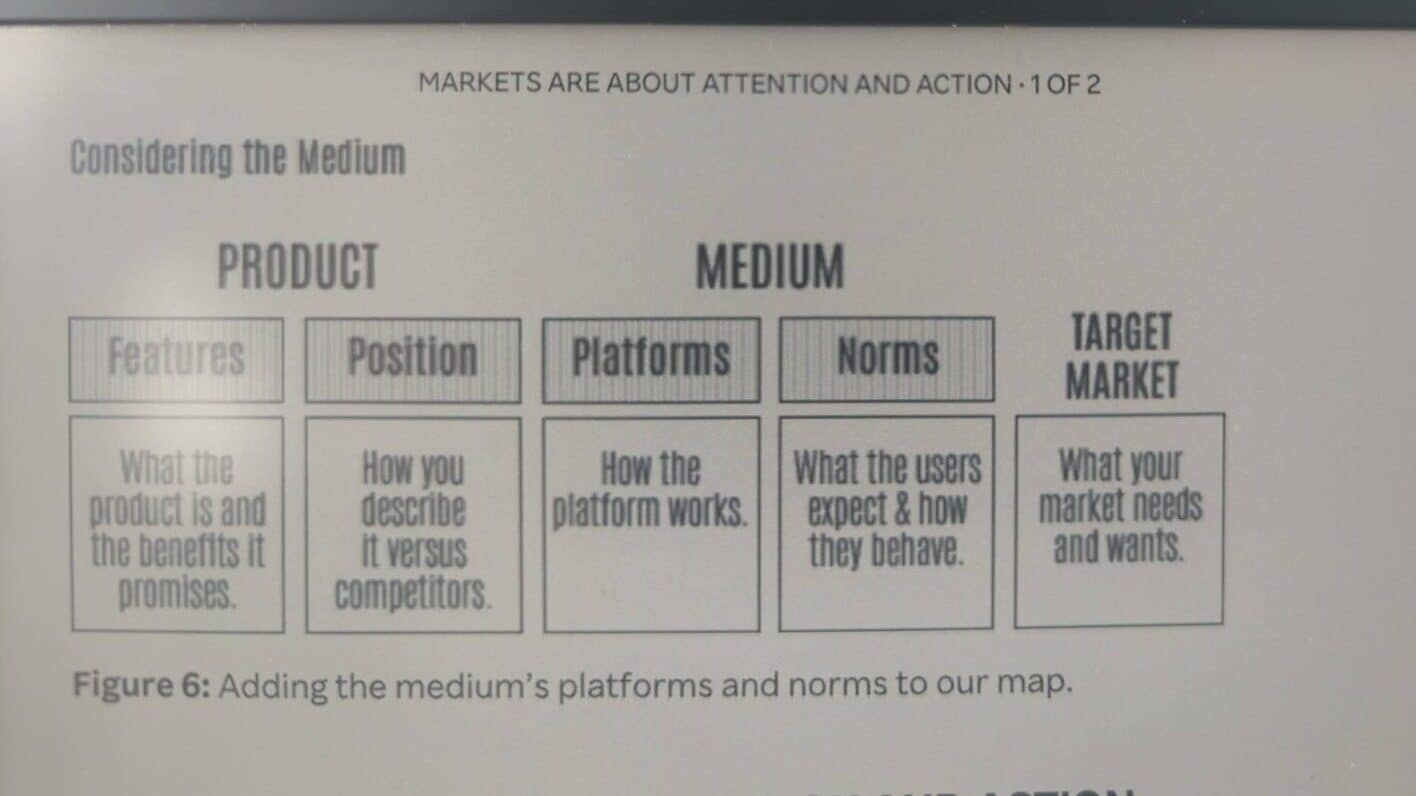Just Evil Enough, with Alistair Croll
Episode 218
In 1985, Robert Fulgham published a book that has gone on to sell 7 million copies. That puts it in league with nonfiction books like the biographies of Princess Diana, Nelson Mandela & the Diary of Anne Frank. In “All I Really Need to Know I Learned In Kindergarten,” Fulgham lays out a handful of rules we all internalized on our way to adulthood. They include…
- Share everything.
- Play fair.
- Clean up your own mess.
- Don’t take things that aren’t yours.
- When you go out into the world, watch out for traffic, hold hands, and stick together.
You’ve probably noticed the problem with Fulgham’s syrupy homespun advice. It’s not the world we live in. kindergarten class bear no resemblance to Capitalism— which is more like what you see in recess on the playground. From a marketing perspective, there are critical qualifiers we must add to Fulgham’s rules to make the applicable to the Big bad world out there:
Share everything? Sharing sounds noble… but capitalism says if you come up with an idea and patent it, those whom it’s shared with have to pay you for its use. Sharing doesn’t automatically mean you lose your competitive edge
Play Fair? Sure, play by the rules. But know that the biggest rewards go to whoever understands the rules best. If your competitors are using a playbook, you should change how the game’s played, and beat everyone else in the process.
Don’t take things that aren’t yours? You shouldn’t steal, of course… but marketing is literally the legal appropriation of someone else’s audience. History’s full of greenfields where pioneering R&D created a category…only to see it harvested by a fast moving disrupter.
To sum up, being a producer in this system is trying to outdo your fellow producers to win a consumers’s business, you should use every exploit capitalism allows to win.
Our guest has been in and worked with many startups, showing them how to bend the rules in their favour. He has run conferences that have brought thousands of companies together to share these unfair advantages. He’s also co-authored a book showing how to identify growth hacks using analytics. And in 2025 he and his co-author released the book “Just Evil Enough”
Let’s go to Montreal to talk with Alistair Croll.
Chapters:
0:00:00 Intro: Kindergarten Rules Don’t Apply to Capitalism
0:02:55 Redefining Marketing: Attention, Behavior, and Medium’s Role
0:07:21 Embracing Disagreeability and Psychological Nuances in Business
0:13:55 Leveraging OODA, Bug-to-Feature, and TRIZ for Advantage
0:19:50 Analyzing Markets with Objective, Subjective, and Collective Lenses
0:27:01 How Novelty and the Overton Window Drive Change
0:33:54 Navigating Ethical Lines and Disrupting Incumbents Responsibly
0:41:54 Embracing the Underdog Advantage and Promoting Subversive Ideas
People, Products and Concepts mentioned in the episode:
Just Evil Enough by Alistair Croll and Emily Ross on Goodreads
Construal Level Theory and Klaus Fiedler
Product-Market-Medium Fit:

“How Minds Change” by David McRaney with Objective / Subjective / Collective lenses
Enshitification (coined by Corey Doctorow)
Andrew Chen’s Law of Shitty Clickthroughs
Alistair and Emily’s Recon canvas


